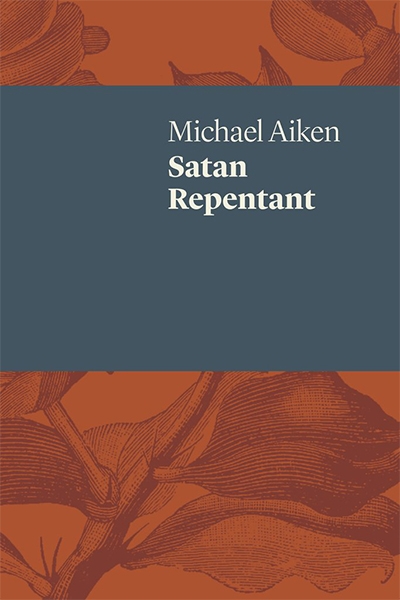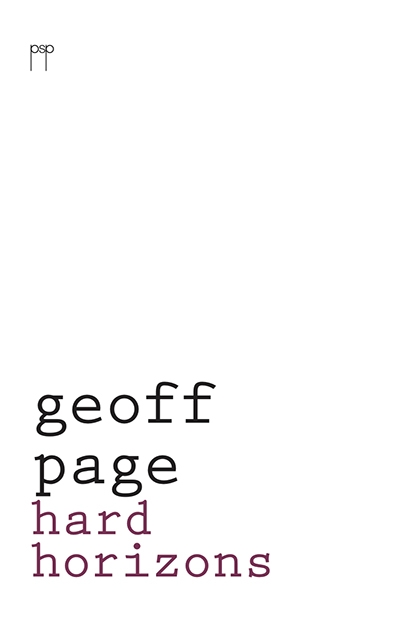Accessibility Tools
- Content scaling 100%
- Font size 100%
- Line height 100%
- Letter spacing 100%
Australian Poetry
Hard Horizons by Geoff Page & The Left Hand Mirror by Ron Pretty
by Dennis Haskell •
Domestic Interior by Fiona Wright & The Tiny Museums by Carolyn Abbs
by Joan Fleming •
ending on a line by John Burnside
No one on the boats, just cats – thin, furtive.
There’s the blown cry of terns and the wheedling
embarkations of crows, but you will not slip








